Mozambique: Terrorists attack military base in Macomia - AIM report
Road deaths in Mozambique: Proposals to penalise passenger carriers
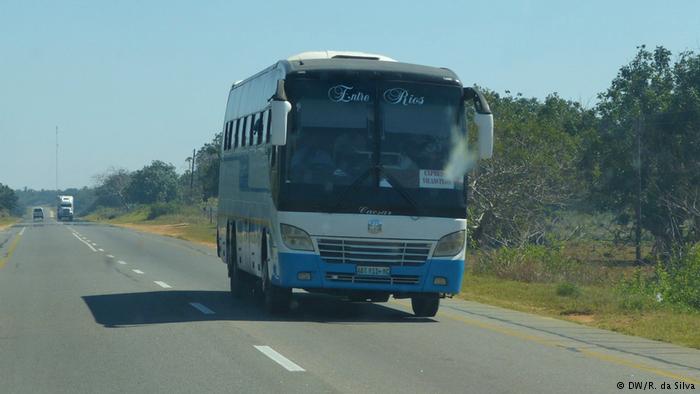
DW (File photo) / Passenger transport bus on the EN1
Road accidents continue to be of major concern to the Mozambican government. About three thousand road accidents cause more than one thousand and eight hundred deaths a year, an average of five fatalities every day.
National Land Transport Institute (INATER) figures indicate that in the first half of 2017 more than five hundred people died and more than a thousand were injured. Accidents frequently involve long-distance passenger transport and are often caused by speeding, drunken driving and poor road conditions.
The president of the Road Transport Federation (FEMATRO), Castigo Nhamane, accuses motorists of being in a hurry to make money, and has a solution in mind.
“We will propose that the Ministries of Transport and the Interior withdraws driving licenses for speeding drivers so that they feel obliged to comply with the speed limits,” Nhamane says.
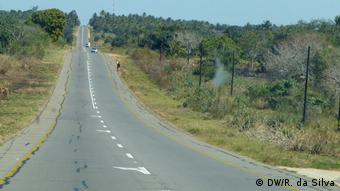
Carriers bemoan the fact that many Mozambican roads are in poor condition.
“The EN1 between the Save and the Pambara River in central Mozambique is very bad. On that section, a tire can only make one direction and has to be changed to come back, or it’s likely to burst,” one of them says. “If these roads were concessioned, they wouldn’t have holes like that.”
Reducing workload would be one solution
In order to avoid further accidents, the president of Mozambican Association of Carriers, Vasco Flor, proposes reducing working hours.
“On long journeys, we will have to move to two drivers per bus. That’s what we have to think about,” he says.
Mechanical failures caused by counterfeit spares add to other problems including where buses are bought and the absence of technical assistance.
Vitorino Xadreque believes that bus purchasers should respect brand policy to facilitate technical assistance, arguing that it is not possible to have a multi-brand bus park because it make provide assistance difficult.
“The other issue is the technical assistance network, which must be proportionate to the fleet and must be guaranteed by the supplier, including the training of mechanics,” he adds.
Drivers are often accused of overloading buses, but retort that this results from the need to make enough money to overcome operating costs.
“Because in the current situation, any sensitivity that exists in the structure of the cost, the operator sees the tariff as a help to cover the costs of exploration,” Xadreque concludes





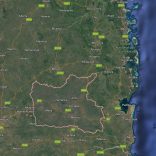

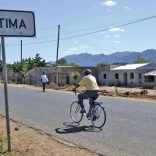



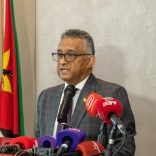

Leave a Reply
Be the First to Comment!
You must be logged in to post a comment.
You must be logged in to post a comment.